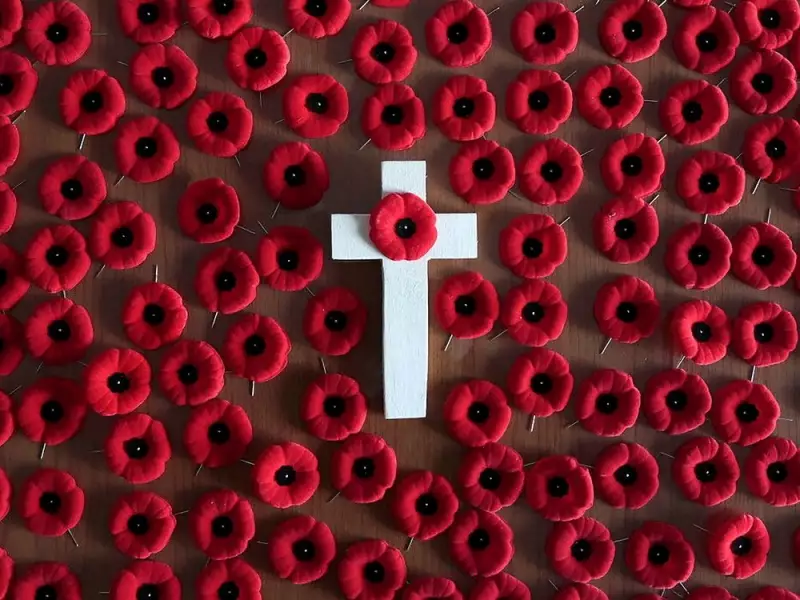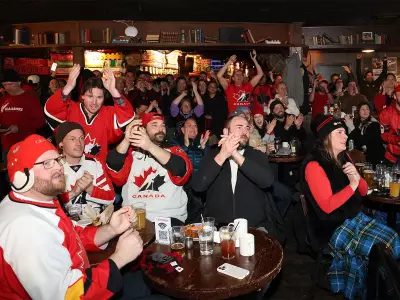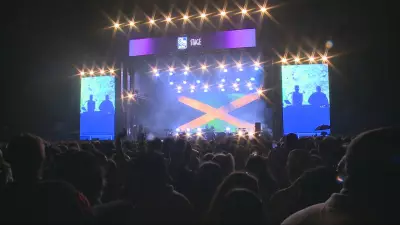
As Canadians across the country paused to honor fallen soldiers on Remembrance Day, a crucial insight has emerged about how to properly recite one of our nation's most iconic war poems. John McCrae's "In Flanders Fields" has been recited incorrectly for generations, according to new analysis that could change how we approach the solemn tribute.
The Problem with Traditional Recitation
During our formative school years, we learn fundamental skills that serve us throughout life: reading, writing, and basic mathematics. When it comes to poetry, the conventional teaching method emphasizes reading line by line. This same approach carries into religious settings where hymns - essentially musical poems - are sung line by line. Consequently, when Canadians are called upon to recite Major John McCrae's masterpiece at Remembrance services, they typically follow this line-by-line pattern.
The issue becomes apparent when listeners carefully analyze the reading. Phrases like "That mark our place; and in the sky" can seem confusing when read with artificial pauses. Similarly, the line "We are the dead, short days ago" creates cognitive dissonance for those aware the events occurred over a century ago.
McCrae's Original Intent Revealed
The fundamental problem lies in the reading approach itself. Major McCrae didn't compose his poem as separate lines but rather as complete, meaningful sentences. Careful examination of the original manuscript reveals that some lines end without punctuation, indicating the thought continues naturally to the next line.
Each complete idea in the poem concludes with a period, suggesting these are the appropriate places to pause, not necessarily at the ends of individual lines. This realization comes from Gord Cross of Renfrew, who has studied the poem's structure and original handwritten version housed at McGill University's Osler Library.
The Correct Way to Recite In Flanders Fields
When asked to read In Flanders Fields at future ceremonies, Cross recommends following this structure without pausing at line endings:
In Flanders fields the poppies blow Between the crosses, row on row, That mark our place;
and in the sky The larks, still bravely singing, fly Scarce heard amid the guns below.
We are the Dead.
Short days ago We lived, felt dawn, saw sunset glow, Loved and were loved, and now we lie In Flanders fields.
Take up our quarrel with the foe:
To you from failing hands we throw The torch; be yours to hold it high.
If ye break faith with us who die We shall not sleep, though poppies grow In Flanders fields.
ByWard Market Parking Concerns
In related Ottawa news, the ongoing parking challenges in the historic ByWard Market continue to draw attention from local residents and business owners. Recent discussions highlight growing concerns about the impact of reduced parking availability on local commerce and customer accessibility.
One Ottawa resident recently shared a telling experience that underscores the parking predicament. While needing to pick up an item from a shop adjacent to Nicastro's La Bottega, the individual enlisted their husband's assistance, anticipating the notorious parking difficulties. Their strategy involved having one person retrieve the item while the other circled the block in their vehicle.
To their "thrill and amazement," a truck vacated the only 15-minute drop-off space directly in front of the establishment. However, during the brief waiting period, they observed multiple vehicles circulating the area searching for parking, with one car even resorting to double-parking due to the complete absence of available spaces.
This firsthand account validates concerns raised by Pat Nicastro regarding the potential consequences of further parking reductions in the Market area. Local business owners worry that diminished accessibility could negatively impact both retail establishments and the customers who support them.
The convergence of these two stories - one about properly honoring our military heritage through correct poetic recitation, and another about practical urban challenges - reflects the diverse concerns occupying Ottawa residents as we move deeper into November 2025.






